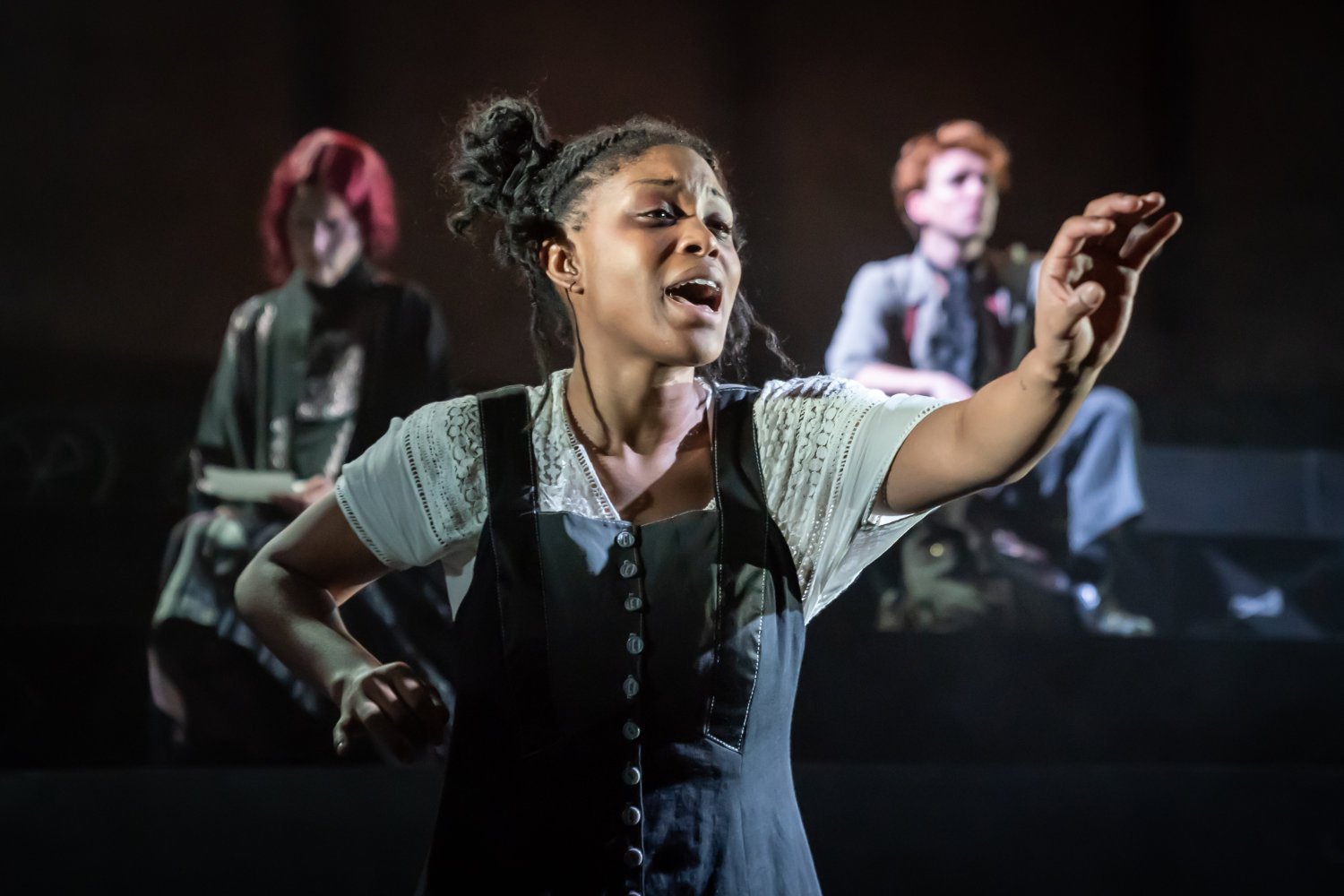A passionate, shocking and beautiful wake-up call across a century of teenage repression and misunderstanding
Frank Wedekind wrote his daring exploration of teenage angst and repression in 1891, but thanks to scenes graphically exploring pubescent sexual fantasies onstage, it was premiered only in 1906 and has often been censored or banned.
Its setting in a time of sexual repression is vital to the vision of the writing team of the 2006 coming-of-age musical, Jewish book and lyric writer Steven Sater and composer Duncan Sheik. It was Sater’s idea to write the musical of what Wedekind subtitled “A Children’s Tragedy”, a description that chimed 100 years later in the wake of devastating school shootings in the USA. They brilliantly set the show both in the late-19th century and the 21st century by clever devices, such as making songs both period and contemporary just by switching to upbeat arrangements and singing style.
I was moved and exhilarated by the 2009 UK premiere at the Lyric Hammersmith and my high expectations of Rupert Goold’s Almeida production have been met in spades. On designer Miriam Buether’s stage of stepped levels, at first almost dark, but selectively illuminated by video projections (lighting Jack Knowles and video Finn Ross) a cast of 17, almost all playing teenagers, sing and dance out their secret feelings, angst and repression. Mark Lockyer and Catherine Cusack skilfully morph from one unsympathetic adult to another, a shameful lineup of uptight parents and sadistic schoolteachers.
The eight-strong band, directed by Jo Cichonska and Joe Bunker from their pianos, is dominated by strings, giving Sheik’s music a poignant plangency. From the get-go, the strings intensify the innocence and angst of young Wendla, whose mother – or the “mama who bore me” – is too uptight to share the ‘facts of life’, even though she implies that her daughter is “in bloom”.
Amara Okereke’s Wendla is extraordinarily touching, with a voice quality that grabs you by the throat. When the chorus join her, we get the first inkling of how the music exuberantly leaps the century, although we are soon dragged back to a strict 19th-century boys’ schoolroom, where a scarily-masked teacher demonically wields his cane.
Physical abuse extends to home too. In a disturbingly explicit wooing scene, the shocking treatment that Bella Maclean’s delicate Martha reveals she endures from her father, becomes part of the fantasies that Wendla finds herself reenacting with her ardent, intelligent schoolboy suitor Melchior (Laurie Kynaston, extraordinarily nuanced in a difficult role). Explicit it may be, but undoubtedly realistic. There's even more dangerous devastation for Stuart Thompson’s complicated Moritz as he discovers too late his feelings for classmate Ilse (Carly-Sophia Davies, also convincingly damaged by parental abuse).
That another schoolboy, Hanschen, has much at stake as he dares to woo classmate Ernst is sensitively shared by Nathan Armarkwei-Laryea and Zheng Xi Yong.
The remaining six young performers are a brilliant chorus. Each has a name and clearly a fully-fledged character, complete with the hopes, fears and angst of youth.
In the age of social media, this unmissable show offers a metaphorical timely reality check and not just for the enthusiastic young audience members who gave it a standing ovation.
By Judi Herman
Photos by Marc Brenner
Spring Awakening runs until Saturday 22 January. 7.30pm & 2.30pm. £10-£55. Almeida Theatre, N1 1TA. almeida.co.uk




